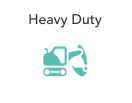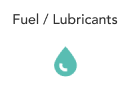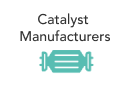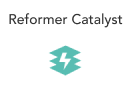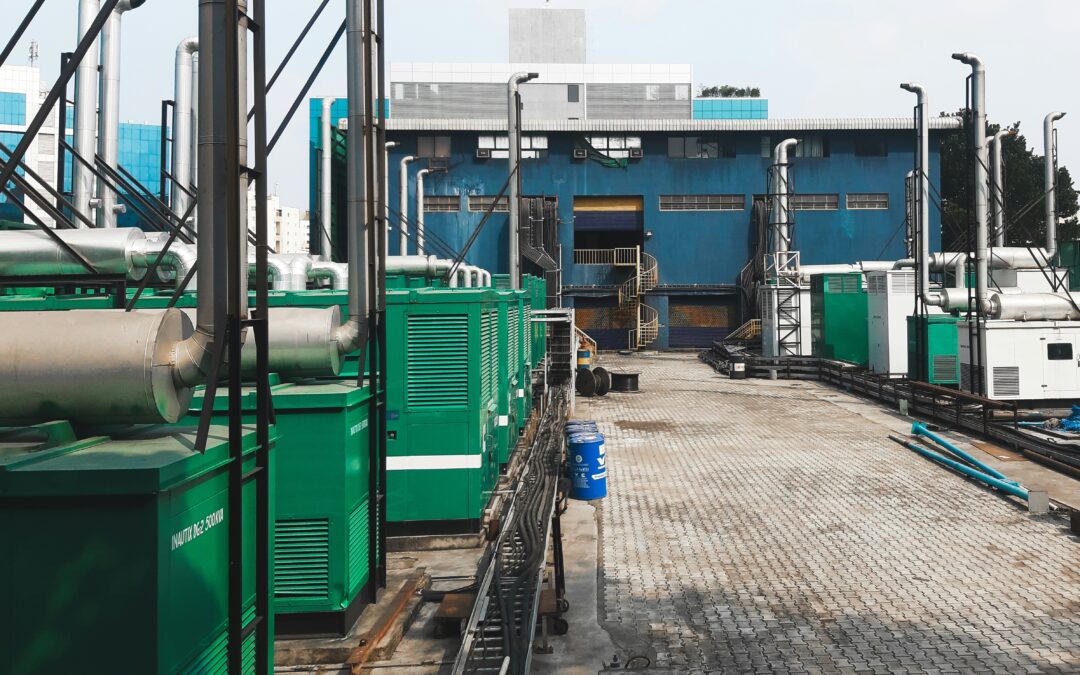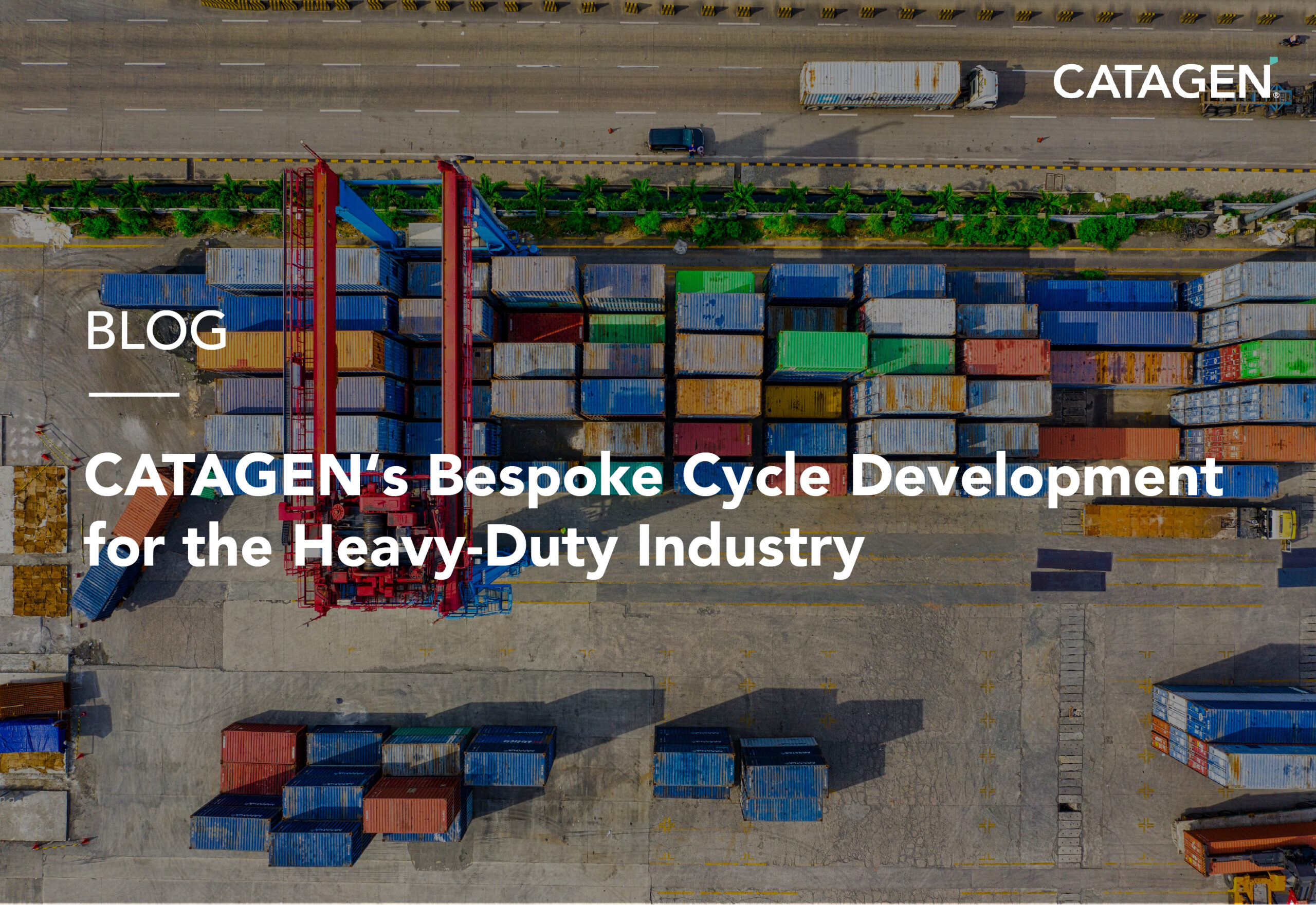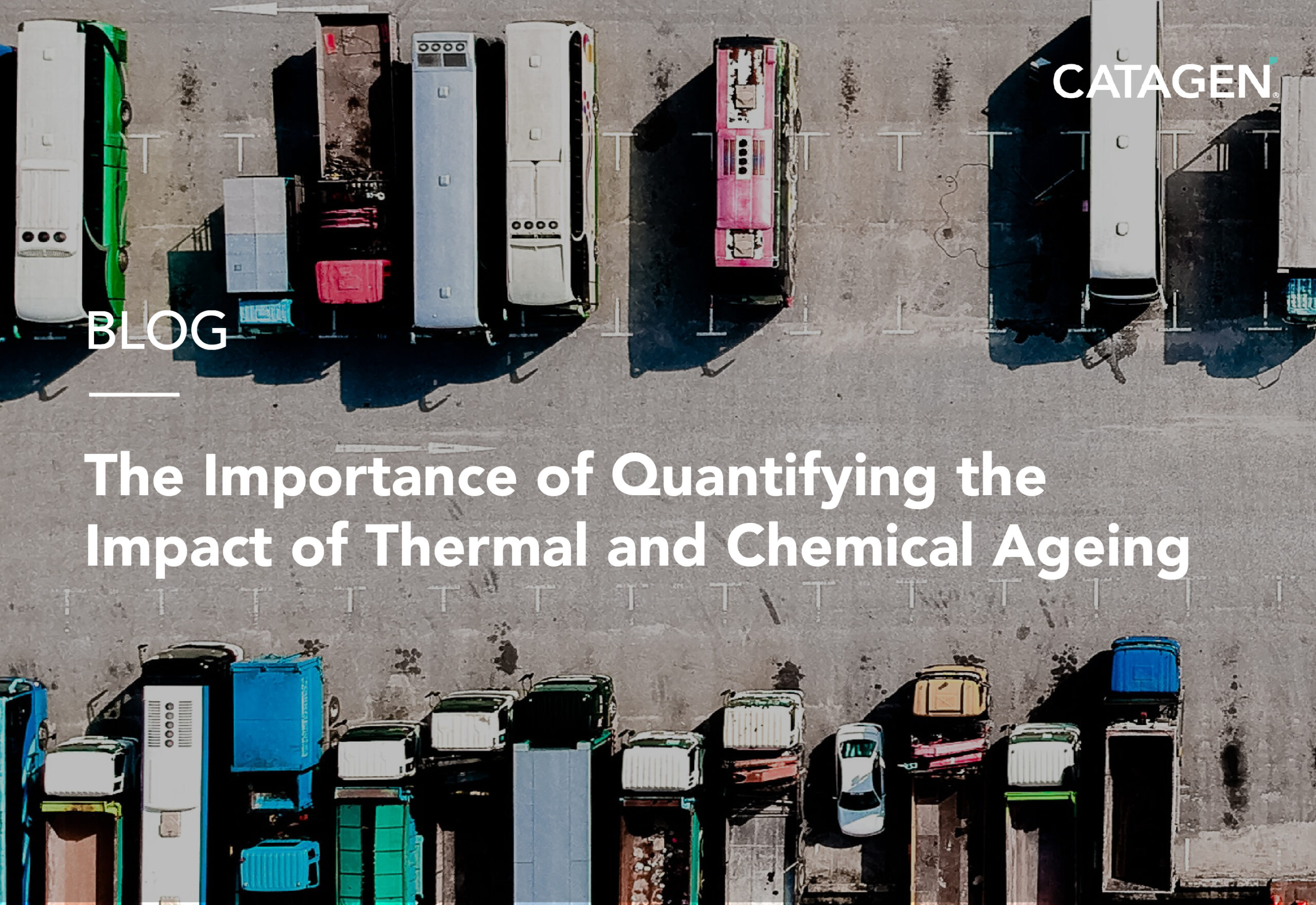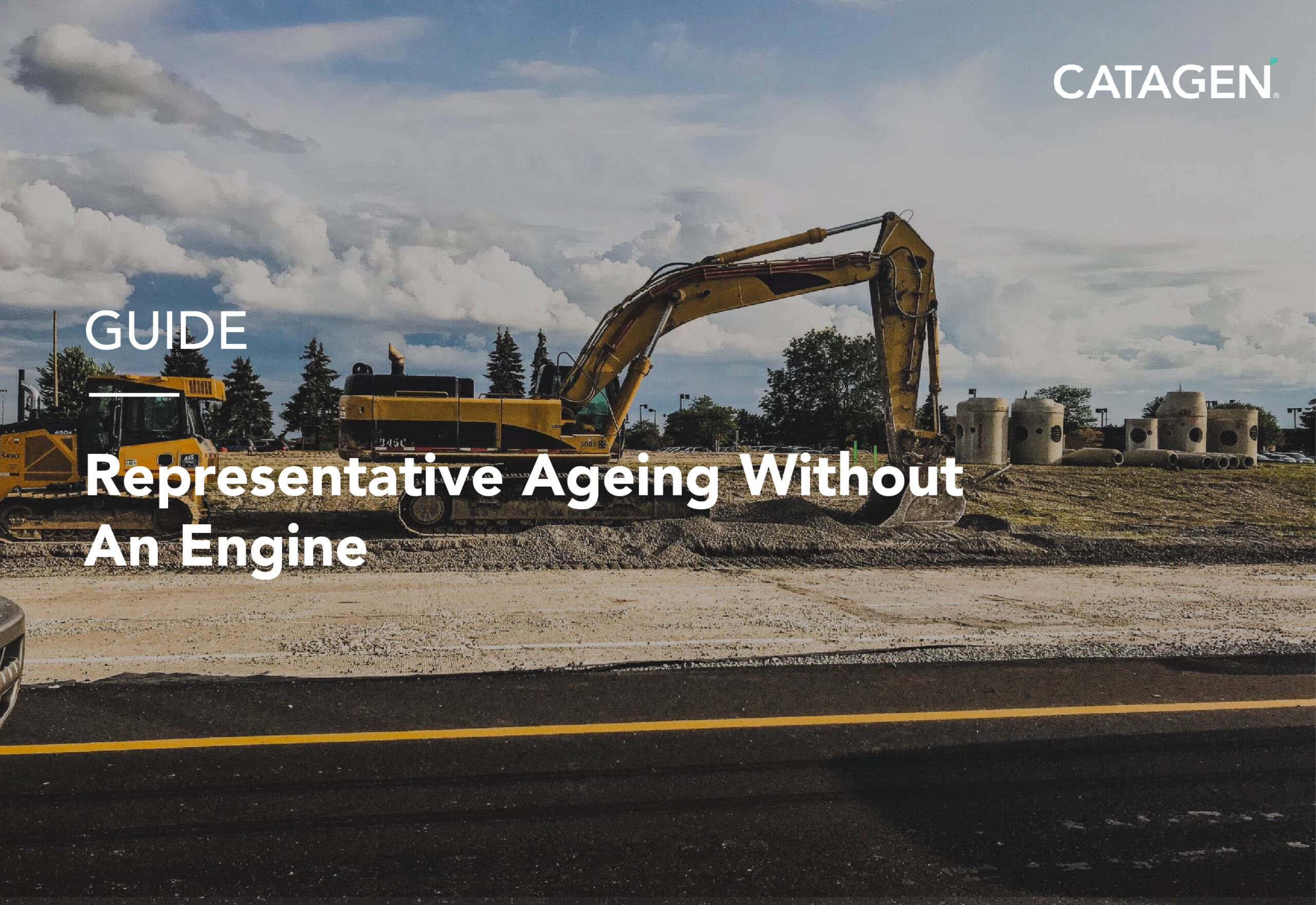By Dr. Andrew Pedlow, Principal Engineer, CATAGEN
A report published by Acumen Research and Consulting indicates the health of the Genset industry. They predict a trend of an estimated 6.6% compound annual growth rate (CAGR) between 2023 and 2032, with an estimated global revenue in the region of 51 billion USD. They identify several major drivers to remain optimistic about the continued growth of the sector, with an increased demand for portable generators, advancements in battery technology and the continued growth of the construction and infrastructure industries. Each generator must meet the regulatory requirements for each region it is used in, and a key challenge of that is meeting the emissions regulations, such as the Stage V emissions.
Diesel generators still made up the majority of the sales in 2022. However, there is an increasing demand for gas and alternative-fuel generators. These generators are particularly attractive, especially with regards to their emissions in comparison with their diesel alternatives. Hydrogen-powered generators and alternative fuels, such as CNG, biomethane, NH3 and methanol generators represent an opportunity for the industry to retain the key benefits of mobile generators, such as their rapid-response, and availability in remote areas, while reducing the harmful emissions produced during their operation.
However, a key challenge with new and alternative fuel generators is understanding the impact on the aftertreatment system and the emissions from such generators. For many companies, diesel generators have been the predominant generator, and consequently, their experience of aftertreatment systems has been predominantly diesel EATS. However, with new fuels, such as CNG or biomethane, not only are there new engine settings and calibrations to set, but the aftertreatment systems, will run at higher temperatures and have different ageing characteristics and performance-loss throughout their useful life. Given the extended hours that Gensets can run, the nature of operation in load-shaving and the legislated requirement on testing to 8000hrs, this can provide a key challenge.
Furthermore, hydrogen generators come with their own set of challenges, including unknown engine calibration and exhaust emissions, the current lack of data over the resistance to chemical poisoning and the performance degradation over the lifetime of the system.
Addressing these challenges are critical to the genset industry going forward, particularly with the need to understand the emissions performance over the lifetime of a genset’s usage.
At CATAGEN we have extensive experience of diesel EATS ageing and gasoline and TWC ageing. Working across several industries, we can provide expert knowledge on the performance degradation and methodologies to produce representative-aged catalysts, to the equivalent of 8,000hrs of operation.
More content


